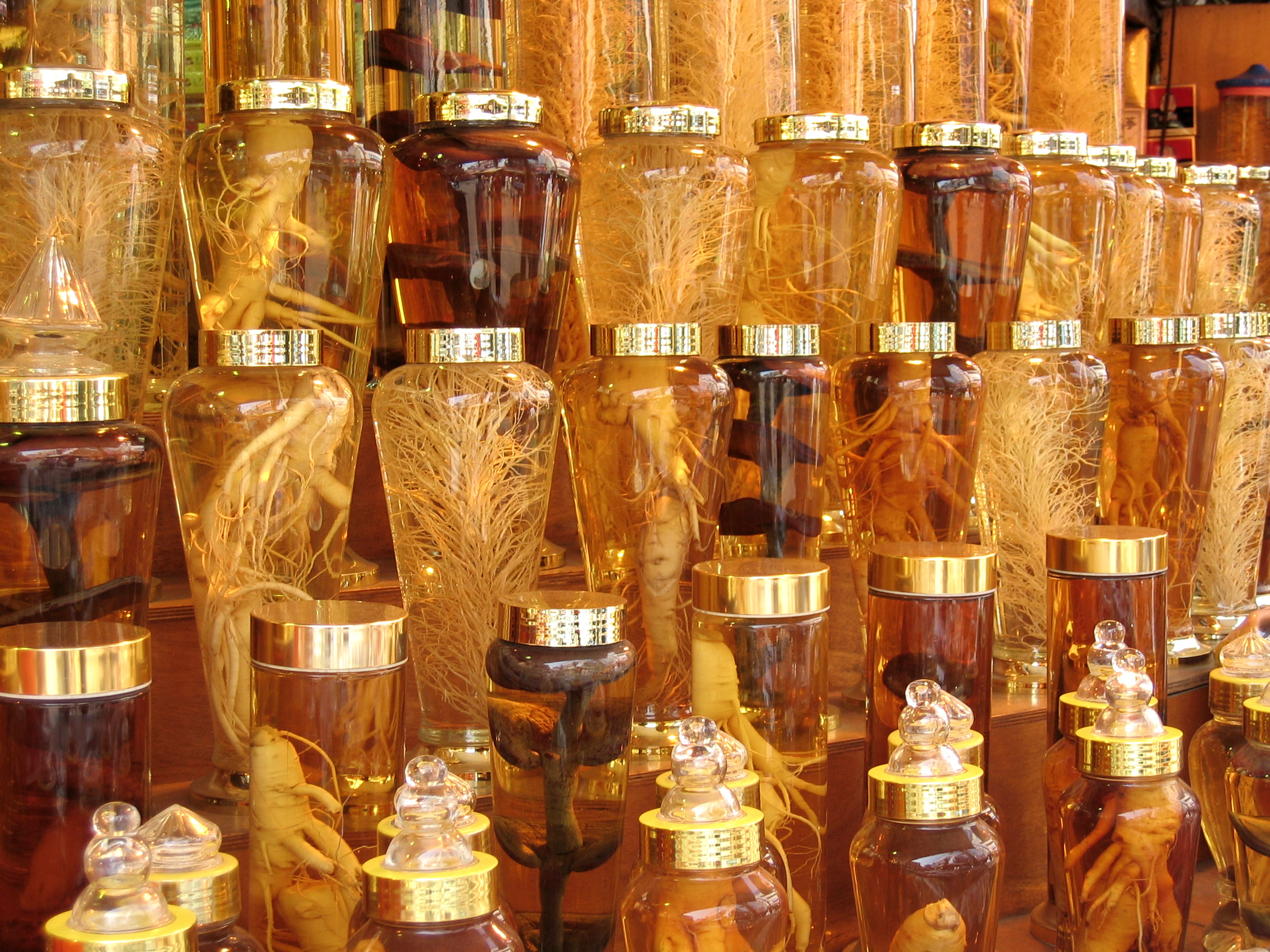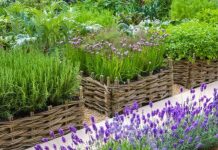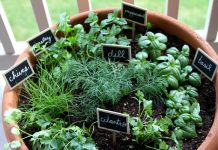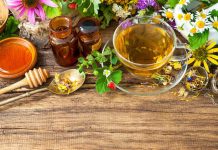There are a host of herbs that are used in medication and in herbal formulation. The list below is made as brief as possible and these herbs are easily available as well as you have a choice of growing them in your garden for aesthetic and readily accessible purposes.
Aloe Vera – The gel of this plant can be applied topically or swallowed as a juice. The way to get the best benefits out of this plant is to have it as fresh as possible. Aloe vera is one of the most popular herbs as it has so many cures from calming burns to being a laxative.
Capsicum – Bell peppers are always a necessity in very tropical spicy dishes. Apart from adding colour and flavour to a dish, capsicum has a lot of hidden secret properties that benefit the body. Eating capsicum and cayenne regularly does wonders. In fact, some suggest that it kills cancer cells at its early stages.
Chamomile – Drinking the tea of this herb has very calming effects. This is in fact one of the most popular tea flavours available in the market. Make sure that when purchasing it you do not just get flavoured tea but one that actually contains the herb in order to reap its benefits. Consuming it before bedtime ensures that you get a good night’s sleep. You can even give it to children who have trouble being put to bed.
Clove – People chew on clove to keep their breath fresh every day. Clove is actually very good for teeth and strengthening gums including providing a clean breath throughout the day.
Cranberry – Like most of the berries we eat, cranberries are fantastic for health as well. They clean the system and their juice is drunk during a cleanse as part of the detox programming. Cranberries are very good in healing urinary issues especially those times when we get that burning sensation down there.
Eucalyptus – This green plant has been known for a long time as the reliever of a stuffy nose and chest. Just inhaling the fumes from this powerful herb clears the nasal passageway and makes breathing much easier. For the elderly and for those suffering from early bouts of arthritis, if applied externally, eucalyptus eases joint paint.
Garlic – Garlic, mostly when eaten fresh, reduces cholesterol. It also inhibits the formation of blood clots as well thereby allowing for clear blood flow and no high blood pressure.
Ginger – Ginger can be chewed on, but might be a little pungent. So the next best way to consume this wonder herb is to steep it and drink it or to boil it along with tea leaves. The aroma it leaves is quite relaxing and the flavourful drink will soothe the nerves. It is also known to be extremely beneficial for an upset stomach as it lets the digestive juices flow smoothly.
Gingko – This herb is meant for the elderly mostly as it helps with memory. Those suffering from Alzheimer’s report that there is better concentration with this herb. Also can be consumed by adults and children to prevent future memory loss that tends to occur with old age.
Lemon – It is recently discovered that lemon has cancer curing properties. There are two main ways you can gain maximum benefit from this herb. First, drinking warm lemon water in the morning with a slight bit of honey can keep colds and the flu away. Second, freezing the whole lemon and grating it as a garnish over food will provide vitamins from all parts of the lemon, including the rind which has the maximum number of vitamins in it. Also, drinking lemon water helps ‘cut’ fat and aids in weight loss.
Licorice – This herb when applied topically is useful for calming sores and ulcers. When consumed, it tends to treat stomach ulcers, heartburn and coughs. When buying the candy, make sure it has the real nutrients in it, and not just the flavouring.
Peppermint – This herb is known to treat stomach aches and also relieves stuffed noses and lungs by just inhaling it. Of course, when eaten, peppermint aids in digestion as well as fresh breath for a prolonged time.
St. John’s Wort – This herb deals with mental issues that occur especially depression. In fact, in Germany, it is a commonly used ingredient for treating anxiety and has mild hypnotic effects.




